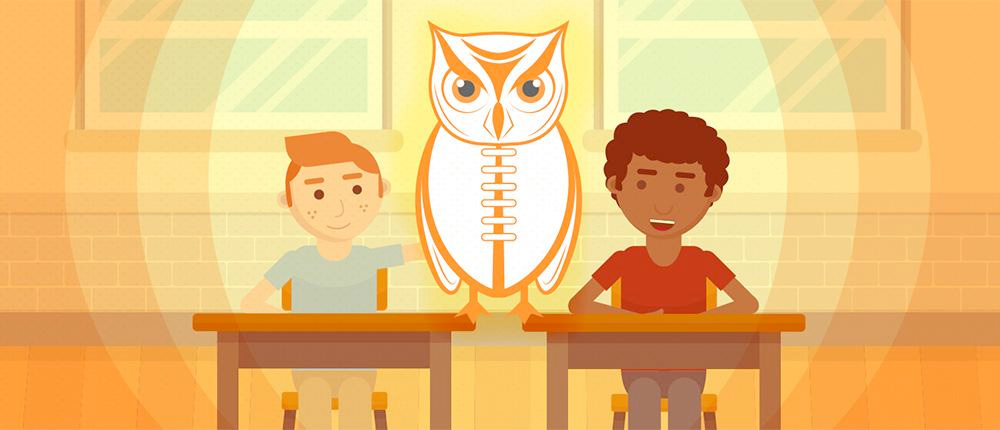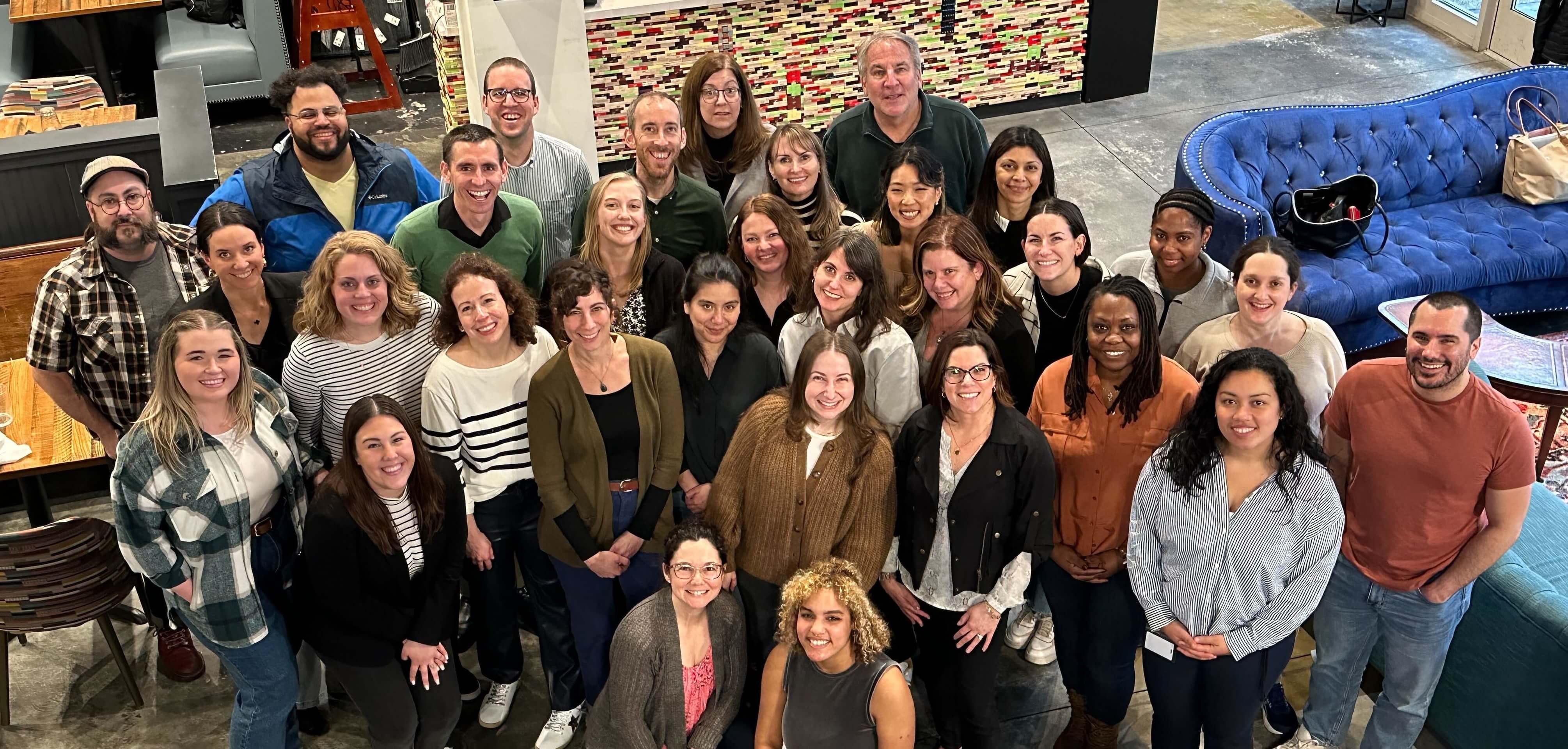How We Got Over 6,000 Students Interested in Decision Education

Decision Education: sounds like something your students need, right? But maybe it also sounds like a big undertaking to get started at your school — and it wouldn’t be worth it if you couldn’t get student buy-in. However, the good news is that jumpstarting a meaningful Decision Education experience in your classroom doesn’t involve overhauling your curriculum or delivering preachy lessons that will be met with eye rolls.
We’ve had over 6,000 students so far choose to participate in GM Genius, our online program that applies Decision Education concepts to fantasy football. Although we were happy just to see that many students get some exposure to Decision Education, we got more of that “making a difference” feeling as we learned how students have upgraded their thinking skills and applied them to real life situations they care about.
Our season-end survey of students revealed:
- 92% said GM Genius improved how they think, and 91% said it improved how they make decisions.
- 98% learned something useful from the videos, and 77% have already applied the lessons to decisions outside of fantasy football.
- 93% reported it improved their prediction abilities.
Here are three key factors that contributed to our success with GM Genius, which can easily be applied to Decision Education experiences in the classroom and extracurricular activities:
- We tapped into students’ existing interests.
The students who participated in GM Genius were more open to Decision Education because it was a spin on something they already liked to do: play fantasy football. Weaving Decision Education concepts into the clubs and sports you advise might be an easy place to start because students are already motivated to expand their horizons, maximize a talent, or just be with their friends. They can get even more satisfaction out of the activity when Decision Education efforts improve their abilities to collaborate, nurture beneficial habits, and push the limits of their comfort zones.Don’t advise an extracurricular activity? Then think about the student participation in GM Genius this way: we added more value to something they were already going to do. So if your students have to take your class to fulfill a requirement, you have a great opportunity to work in Decision Education concepts — like seeking evidence, conducting premortems, and identifying opportunity costs — that will get them even better prepared for college and careers. - We didn’t tell students what to decide.
GM Genius never gave advice about which football players students should put in their lineups. Instead, each week we shared one way students could think more effectively about relevant information like injury reports, weather forecasts, and players’ previous performances. Similarly, our High School Explorer program doesn’t tell students which high schools to apply to, and our HabitWise program doesn’t tell students which habits they should work on. Instead, Alliance for Decision Education’s work focuses on helping students become more perceptive of what influences their decisions — like their emotions, social pressures, advertising, and cognitive biases — and to cultivate dispositions, practices, and skills that assist them in making decisions that get them closer to achieving their goals. - We kept the lessons short and sweet.
Students watched one animated video about a Decision Education concept each week. Each video was about five minutes long and included some humor. We kept it light, but our end-of-season surveys showed that students were transferring the concepts to real life issues like choosing where to apply to college, investing, and even romantic relationships.Here’s how a few students reviewed their experience playing GM Genius:- “The fact that playing fantasy football made me learn about decision making and critical thinking just blows my mind…I have just learned how to improve my life by making better decisions due to the things this site has taught me. And I will always be grateful for that.”
- “GM Genius has also changed the way I view the world and make decisions. It hasn’t just changed my fantasy football strategy, it’s changed my life strategy.”
- “GM Genius has given me so many different ways to evaluate my situation and how to make proper decisions.”
Ready to jumpstart Decision Education in your classroom?
Becoming a Decision Educator doesn’t require you to toss out your existing lesson plans or tell students what’s “right.” Our experience developing the GM Genius program taught us that students find the value in Decision Education when they:
- Practice Decision Education concepts within things they like to do.
- Are allowed to think for themselves about how to apply Decision Education concepts to their lives.
- Aren’t overloaded with information and tasks related to Decision Education.
Once you adopt the mindset to introduce Decision Education to your students with small thinking upgrades instead of feeling like you need to make a massive shift in what you teach, learning opportunities for your students will start revealing themselves to you.

